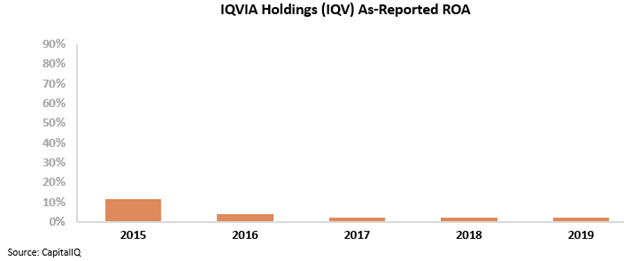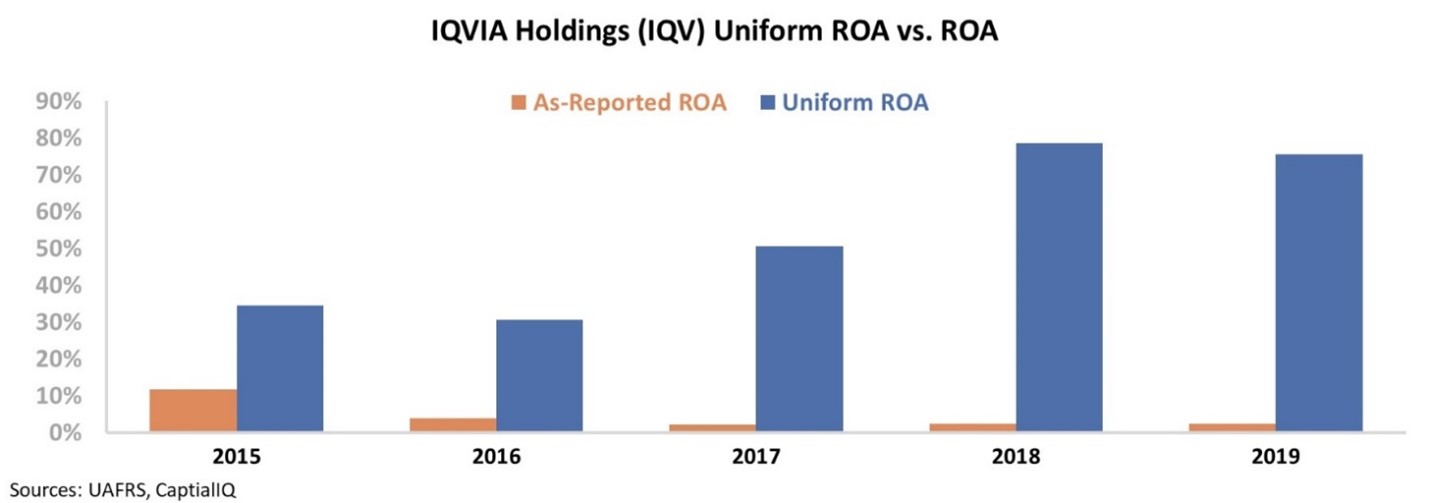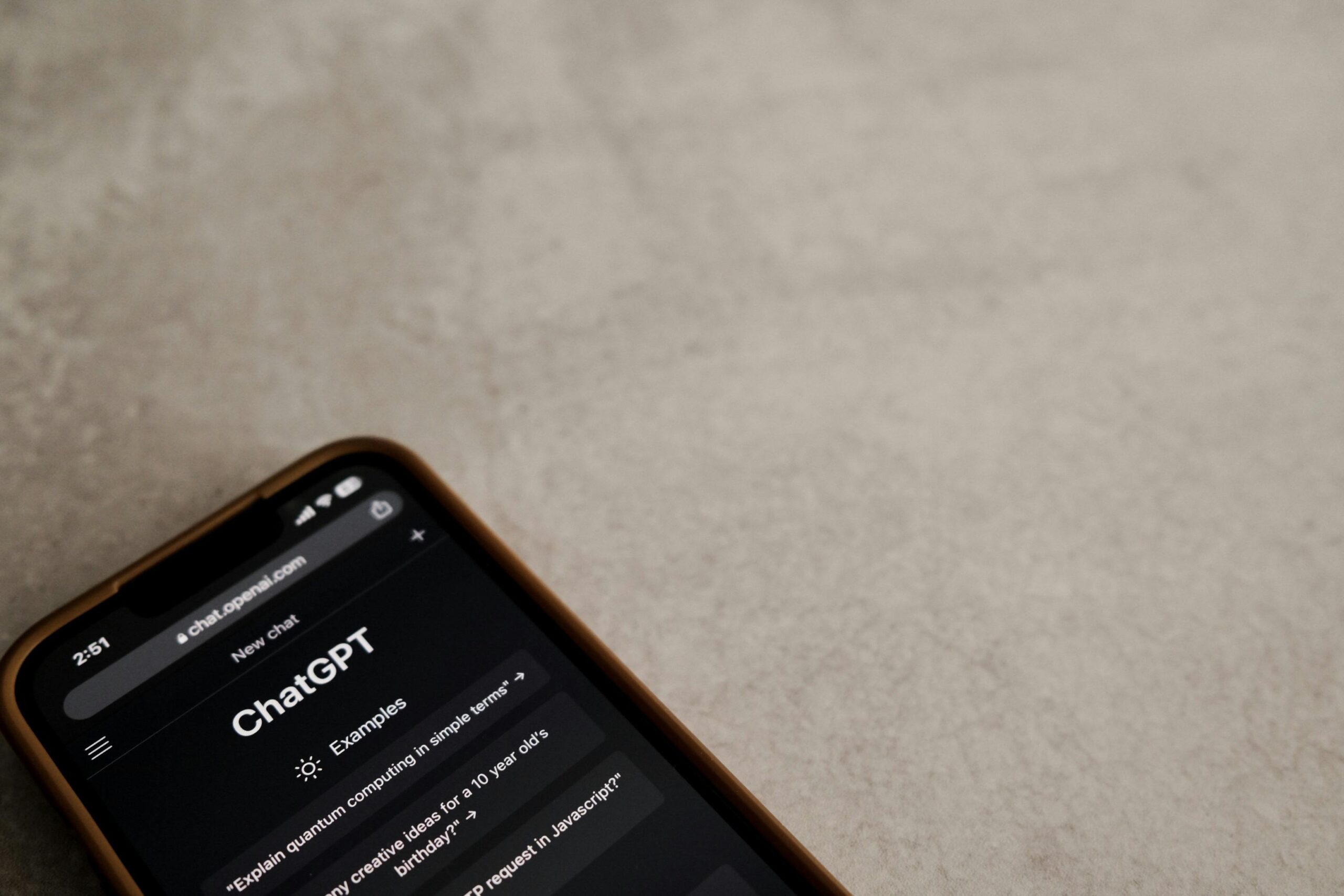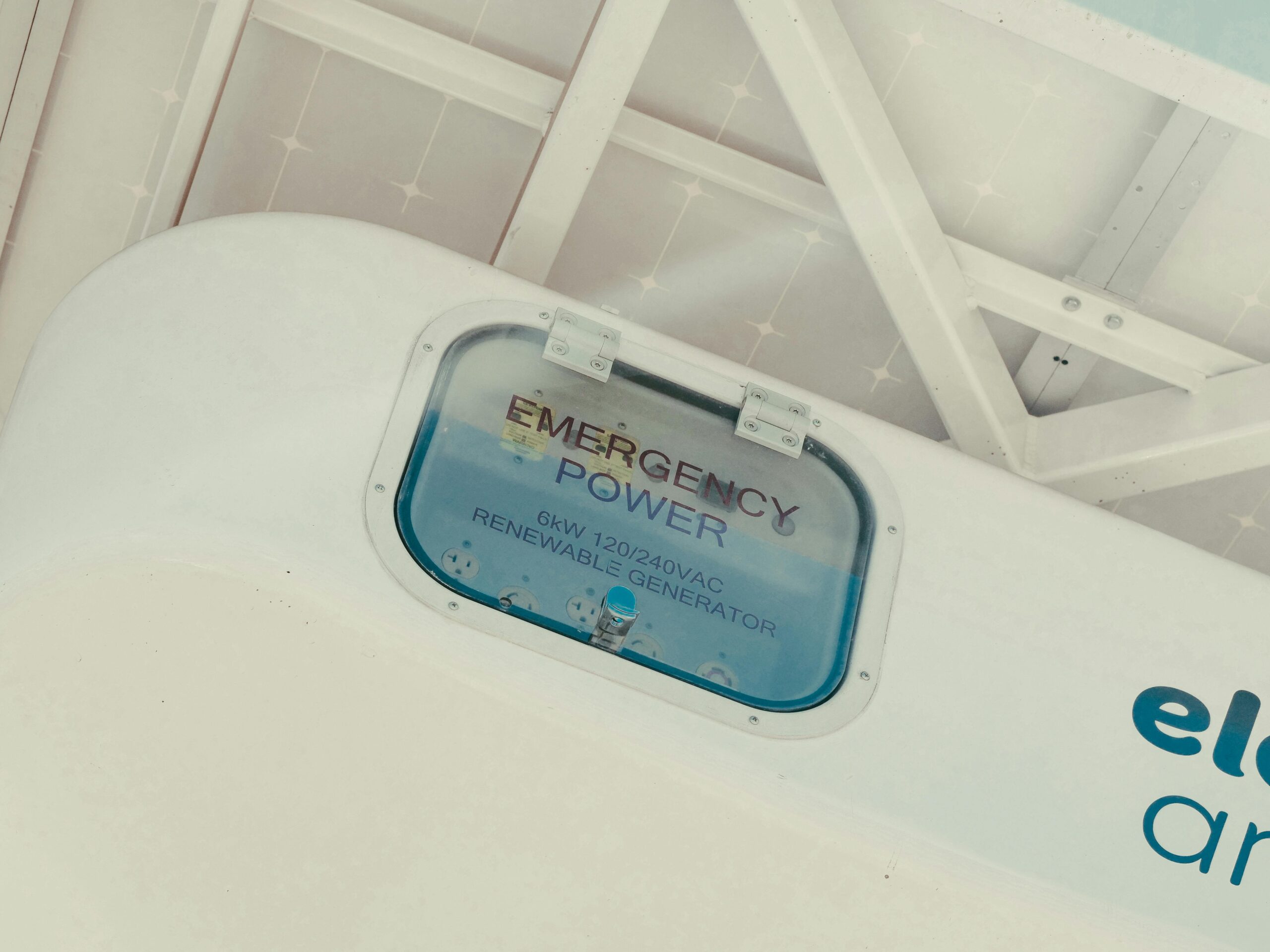 For achieving high performance, consider 'thankfulness'...
For achieving high performance, consider 'thankfulness'...
Of all the things that can dramatically improve your performance – at virtually anything – meditation is at the top of the list. Many sports research groups, universities, and health care institutions have found a lot of upside to sitting in silence for up to 20 minutes each day.
These benefits include faster recovery from illness and stronger immune systems. They also result in better jump shots and more successful martial arts maneuvers. Meditation placed in the middle of the day can help you become more thoughtful, creative, diligent, and productive.
That's why I regularly encourage our employees to find time in the day for 20 minutes of quiet, and I reminded them of this in the coaching comment for the week.
But with team members in different countries practicing different religions, I think back to a question I've received in the past: "When it comes to these benefits, is meditation the same as prayer?"
Whether prayer and meditation produce similar physiological and mental benefits depends on how people pray... or what they're praying about. Different kinds of prayers have different reactions in the brain.
In short, "askful prayer" provides few if any of the health benefits that meditation produces. Spending time mentally requesting that your mother-in-law act differently or that your bank account shows numbers with more zeros at the end apparently causes additional internal stress. Who would have guessed?
On the other hand, "thankful prayer" produces benefits right in line with research studies on the positive outcomes of meditation.
Recognizing and being thankful for what you have rather than what you're missing has amazing physiological benefits on the human body and brain.
According to a surprisingly large body of research, to generate these benefits, you just need to be in a state of thankfulness or gratitude – whether in prayer or not. Your brain function is positively altered simply by counting your blessings, particularly if that's done in a journal or in thoughtful repose. Writing and hand-delivering a thank-you note has also shown incredible improvements in the life and biology of the "thanker."
In fact, research from Indiana University in 2015 found that doing some of these things helped patients work through their depression better and faster than those who didn't exercise acts of thankfulness.
In one study, subjects wrote a letter to someone they felt was never properly thanked, just once a week. Researchers measured the happiness score of these people versus the control group... and unsurprisingly, recipients of the notes also saw a significant boost in happiness.
In 2011, the University of Kentucky found that people who are more thankful generally hold fewer grudges and have a higher "EQ," or emotional quotient (more commonly known as "emotional intelligence").
Being grateful is a powerful tool...
It can improve health, relationships, and lead to more fulfilling work. It can even help to relieve stress or pain. In one longer-period study – published in Personality and Individual Differences in 2012 – researchers found that people who did periodic thankfulness exercises somehow found themselves physically exercising more often. Note that the study didn't specifically ask people to exercise... Researchers just happened to see that behavior increase in those who were thankful.
The benefits of thankfulness make me think Thanksgiving ought to be a global holiday. Not to just celebrate a wonderful U.S. tradition, but to do something that helps us be our best in so many ways.
 One thing many people are understandably grateful for during these challenging times is a coronavirus vaccine...
One thing many people are understandably grateful for during these challenging times is a coronavirus vaccine...
It may not put a pin in this pandemic until mid-2021, but it does provide some light at the end of the tunnel. Multiple vaccine candidates have been approved by regulators, with broader distribution expected to begin shortly.
These vaccines have been developed at a startling speed. Prior to 2020, the fastest production time was four years, for the Mumpsvax vaccine.
The coronavirus vaccine from Pfizer (PFE) and BioNTech (BNTX) took less than 10 months to go from inception to distribution. This timeline shatters the previous records.
Governments cut an unprecedented amount of bureaucratic red tape to make this possible. Additionally, massive enrollment in clinical trials cut years off of the typical timeline.
 Part of this speed is thanks to the firms that pharma companies rely on to create clinical trials...
Part of this speed is thanks to the firms that pharma companies rely on to create clinical trials...
And one of the largest players in this space is IQVIA Holdings (IQV). Formed in 2016 by the merger between Quintiles and IMS Health, IQVIA helps design and manage clinical trials for pharma and biotech companies. This includes helping with identifying the right patients, gathering and analyzing data from trials, and managing administration of treatments.
IQVIA received a contract from AstraZeneca (AZN) to speed up the company's vaccine candidate... for which AstraZeneca recently reported strong initial results.
With the importance of clinical trials in getting vaccine approvals, investors might think companies would pay top dollar for IQVIA's offerings.
And yet, IQVIA has seen low and declining profitability since its formation. The company's as-reported return on assets ("ROA") has cratered from 12% in the year prior to the merger to just 2% in 2019 – well below cost-of-capital levels of around 5%. It appears those clinical trials are a commoditized business with little differentiation.
However, this is an inaccurate picture of IQVIA's performance.
Due to distortions in as-reported accounting – including the treatment of goodwill – Wall Street has missed the real story.
IQVIA's Uniform ROA has been at least 7 times higher than as-reported numbers indicate since the 2016 merger. Even better, the company's Uniform ROA has expanded from 34% in 2015 to 76% last year.
IQVIA provides an essential service to a vital industry... and Uniform Accounting shows that the company generates the high returns to prove it.
But by looking at the as-reported numbers, investors might see IQVIA as a company with negligible returns instead of robust and growing profitability.
Ultimately, the necessity of clinical trials has allowed IQVIA to charge a premium for its services. As companies rewrote the rules for vaccine production in 2020, IQVIA may benefit from increased demand... and its stock could be primed for upside ahead once the market comes to its senses.
Regards,
Joel Litman
December 11, 2020

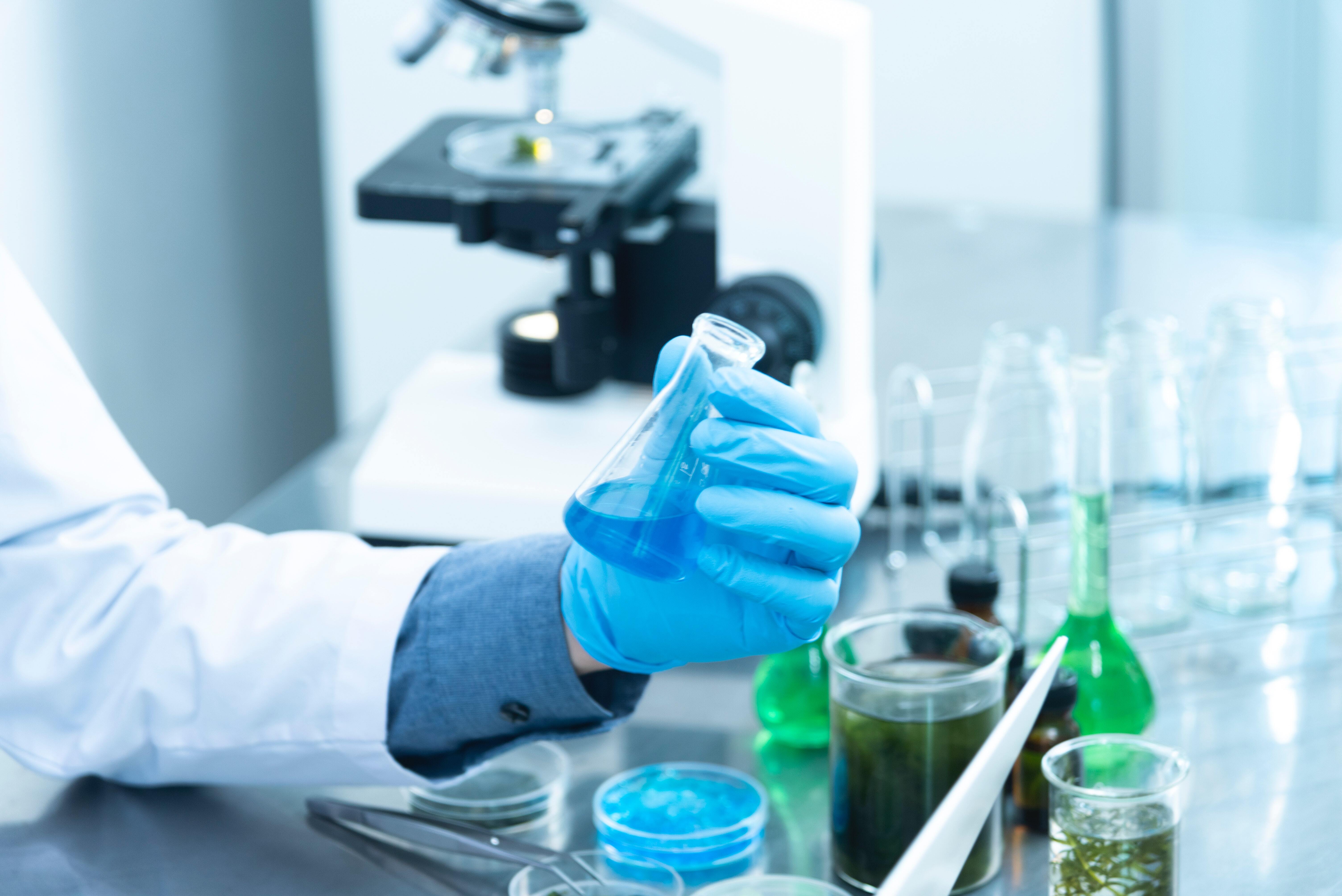

 For achieving high performance, consider 'thankfulness'...
For achieving high performance, consider 'thankfulness'...